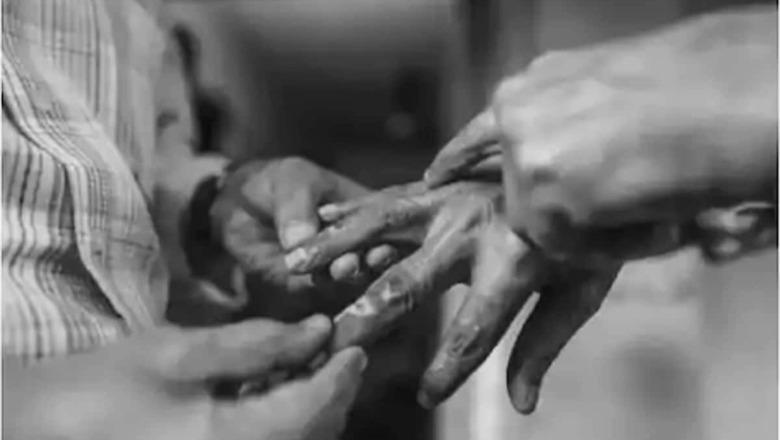
views
World Leprosy Day is celebrated on the last Sunday of January every year all over the world to increase knowledge about it and propagate the need and importance of eradicating the disease. But, in India, the day is being observed on January 30 this year, which is also remembered as the death anniversary of Mahatma Gandhi, father of the nation. People suffering from leprosy are also discriminated against in the society causing mental trauma and depression. Lots of researches are being conducted to formulate new strategies to fight leprosy.
According to the World Health Organization (WHO), this year the goal is to beat leprosy by spreading more information like the disease is curable and advocate for the Mental Wellbeing of persons who have experienced leprosy.
The organization also informed that there were 2,08,619 new leprosy cases registered globally in 2018, according to official figures from 159 countries from the 6 WHO Regions. And based on 184 212 cases at the end of 2018, the prevalence rate corresponds to 0.2/10 000.
Here are a few important details one must know to help in dealing with the disease:
What is leprosy?
Leprosy, also known as Hansen’s, is an infectious disease caused by a bacillus Mycobacterium leprae and is named after Gerhard Henrik Armauer Hansen, a Norwegian physician, who proved that leprosy is not hereditary but is caused by a bacteria.
Impact of the disease
Leprosy is a curable disease and treatment in the early stage can prevent any kind of disability. However, people suffering from it can see its impact in the skin, the peripheral nerves, mucosa of the upper respiratory tract, and the eyes. It can cause progressive and permanent damage to the skin, nerves, limbs, and eyes if left untreated.
Incubation period and symptoms
On average, 5 years is the incubation period of the disease. People affected by it can see symptoms within 1 year but it can also take as long as 20 years or even more to occur.
How leprosy spreads?
The disease is likely transmitted via droplets either from the nose or mouth usually when a person is affected with sneezes or coughs. Therefore, it is advised to not to have any close and frequent contact with untreated cases.
Read all the Latest News, Breaking News and Coronavirus News here




















Comments
0 comment